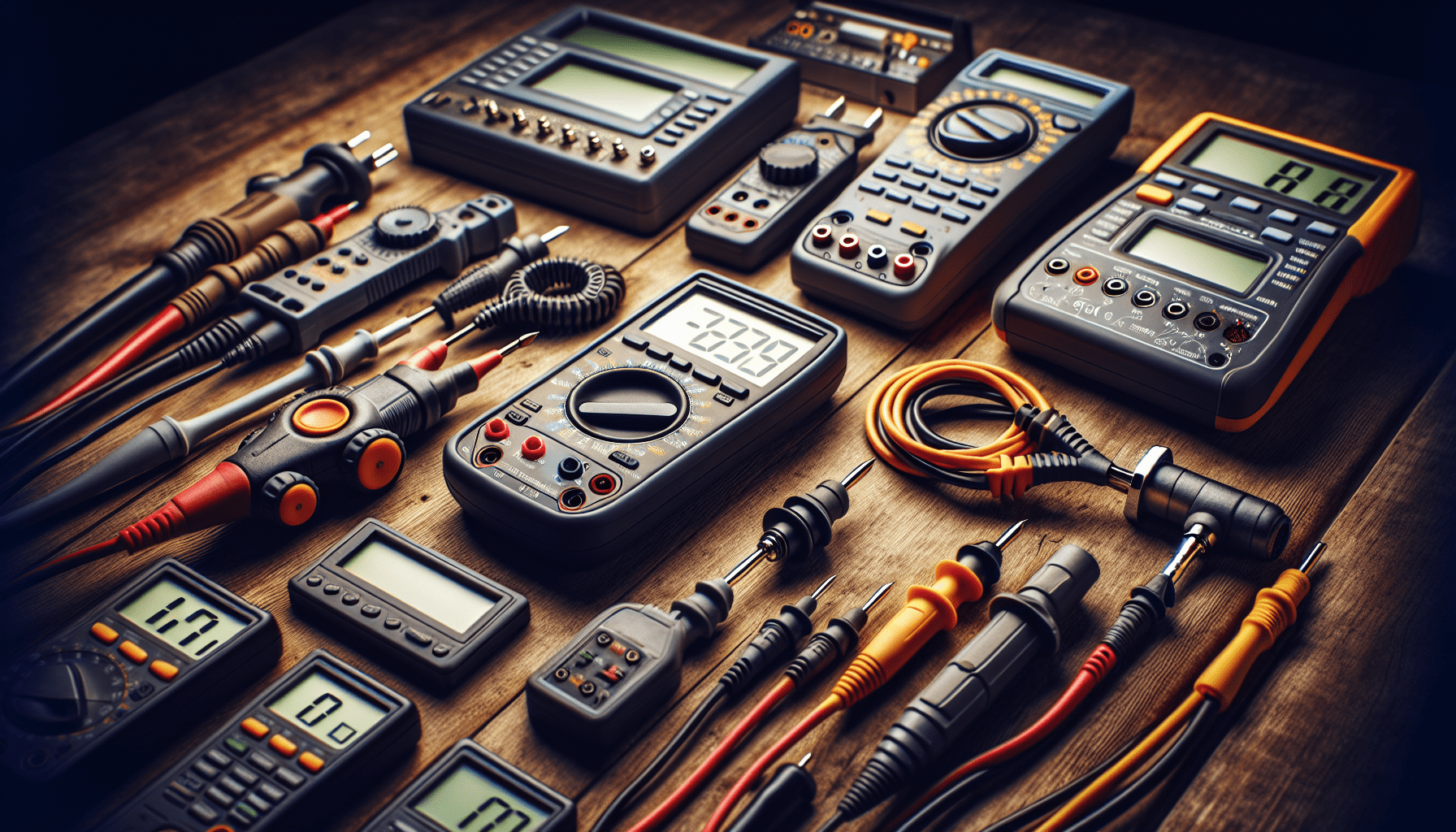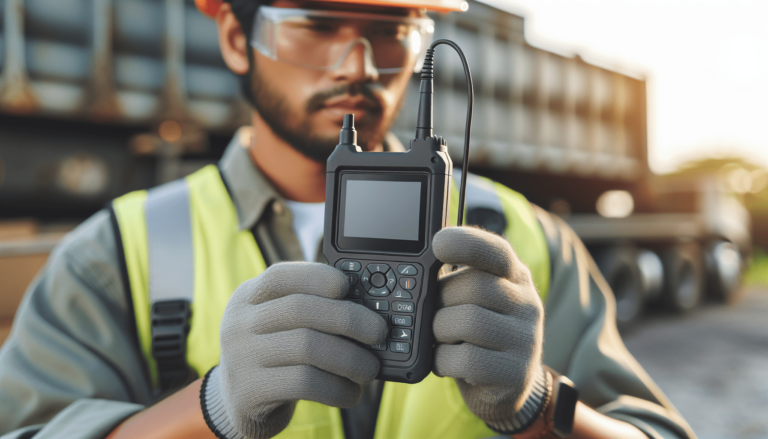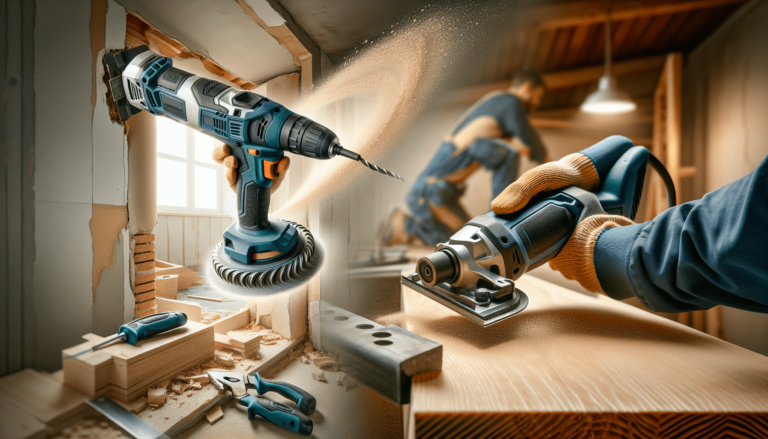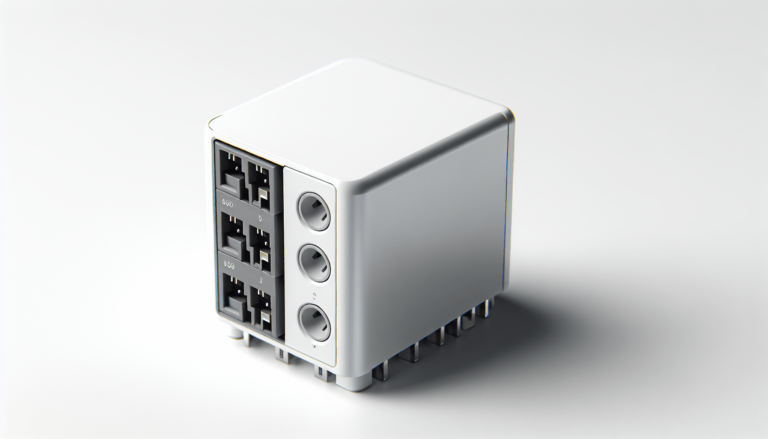Which Tester Should You Buy?
Are you in the market for a new tester but unsure which one to choose? Electrician U has got you covered with their informative video on the topic. Whether you need a clamp-on ammeter, a tester, or a digital multimeter, there are key factors to consider before making your purchase. Each option has its own advantages and capabilities, so it’s important to weigh your specific needs and preferences.
From testing large conductors to small wires, these tools offer a range of functions such as testing frequency, voltage, current, and resistance. Whether you’re looking for hands-free convenience or a variety of settings, Electrician U breaks down the pros and cons of each tester to help you make an informed decision. So if you’re feeling unsure about which tester to buy, check out their video for expert guidance.
Types of Testers
When considering testers on the market for electrical work, three common options to choose from are clamp-on ammeters, testers, and digital multimeters. Each type of tester offers its own set of features and capabilities, catering to various needs and preferences.
Clamp-On Ammeter
Clamp-on ammeters are designed to measure current without the need to disconnect the circuit. They are particularly useful for testing large wires or conductors and can handle high amperage readings. Clamp-on ammeters can also test other electrical parameters such as voltage, frequency, resistance, and continuity, making them versatile tools for electricians.
Tester
Testers are more basic devices that are used to check for the presence of electrical current in a circuit. They are typically simple to operate and provide a quick indication of whether a circuit is live or not. Testers are suitable for basic electrical testing tasks but may not offer the advanced measurement capabilities of digital multimeters.
Digital Multimeter
Digital multimeters (DMMs) are versatile testing instruments that can measure a wide range of electrical parameters, including voltage, current, resistance, and continuity. They offer more advanced features compared to testers and are suitable for both basic and complex electrical testing tasks. Digital multimeters come in various models with different capabilities to suit the user’s specific requirements.
Considerations Before Buying
Before purchasing a tester for electrical work, there are several important factors to consider to ensure that you choose the right tool for your needs.
Purpose of Use
Consider the specific tasks you will be performing with the tester. Determine whether you need to measure current, voltage, resistance, or other electrical parameters regularly. Understanding the primary purpose of the tester will help you select a device that meets your requirements.
Conductor Size
If you frequently work with large conductors, such as in industrial or commercial settings, you may need a tester that can accommodate thicker wires and higher amperage readings. In such cases, a clamp-on ammeter may be more suitable than a traditional tester or digital multimeter.
Functionality Needed
Evaluate the types of functions and features you require in a tester. Some testers offer basic testing capabilities, while others provide advanced measurement options and troubleshooting features. Determine the level of functionality needed based on your skill level and the complexity of the electrical work you perform.

This image is property of i.ytimg.com.
Features to Look For
When selecting a tester, it is essential to look for specific features that can enhance its performance and usability for electrical testing tasks.
Frequency Testing
If you need to test the frequency of electrical signals in addition to other parameters, choose a tester that includes frequency testing capabilities. This feature is useful for troubleshooting various electrical systems and equipment.
Voltage Testing
Ensure that the tester can accurately measure voltage levels within the required range of your applications. Look for testers with dual voltage ranges and high input impedance for precise voltage testing.
Current Testing
For measuring current in circuits, select a tester or clamp-on ammeter that can handle the amperage levels commonly encountered in your work. Consider the current range, resolution, and accuracy of the device for reliable current testing.
Resistance Testing
If resistance measurements are essential for your electrical tasks, opt for a tester equipped with a reliable resistance testing function. Ensure that the tester provides accurate resistance readings and has a clear display for easy interpretation.
Continuity Testing
Choose a tester that offers continuity testing to quickly check for the presence of a complete electrical path. Continuity testing is crucial for verifying connections, identifying open circuits, and troubleshooting electrical issues efficiently.
Ease of Use
The ease of use of a tester can significantly impact the user’s experience and productivity when performing electrical testing tasks. Consider the following aspects related to usability when selecting a tester.
Lead Management
Pay attention to how leads are managed on the tester, as tangled or messy leads can hinder testing efficiency. Look for testers with organized lead storage options, such as built-in compartments or holders, to keep the leads neat and easily accessible.
Hands-Free Operation
If you frequently need to perform hands-free testing, consider testers with features that allow for convenient hands-free operation. Look for devices with magnetic attachments, kickstands, or hanging options that enable you to position the tester securely while testing.
Display
Ensure that the tester has a clear and easy-to-read display that provides accurate readings of electrical parameters. Look for testers with backlit displays, large digits, and intuitive interfaces for optimal visibility and usability in various lighting conditions.
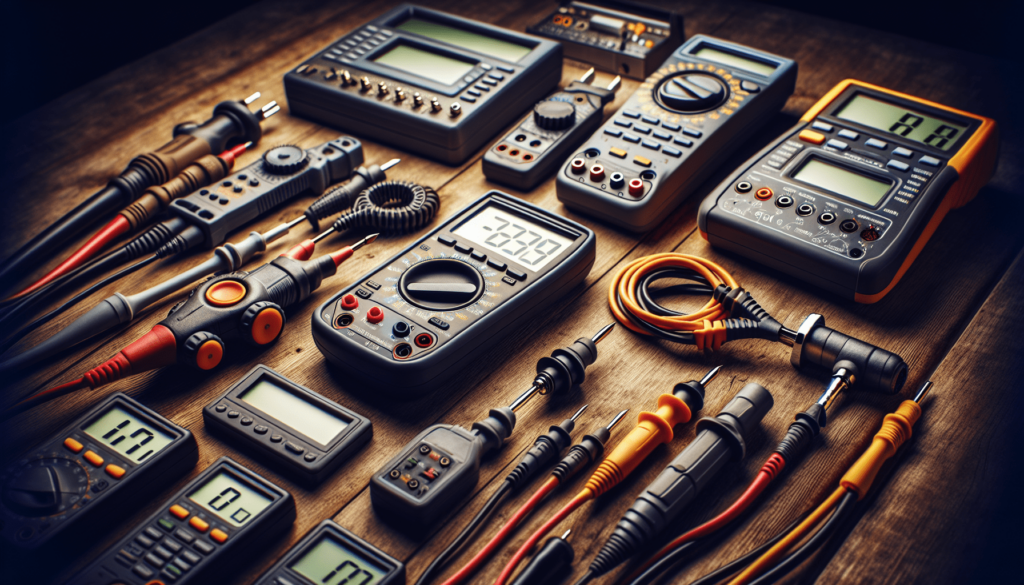
Portability
Portability is another essential factor to consider when choosing a tester, as it determines how easily you can transport and use the device in different settings.
Size
Select a tester that strikes a balance between portability and functionality by considering its size and dimensions. Compact testers are easier to carry and store, making them suitable for professionals who need to work in confined spaces or on-site locations.
Weight
Consider the weight of the tester, especially if you will be carrying it for extended periods during electrical work. Lighter testers are more comfortable to handle and transport, reducing fatigue and strain on the user.
Carrying Options
Choose a tester with convenient carrying options, such as a protective case, belt clip, or carrying handle. These accessories can make it easier to transport the tester between job sites and provide added protection against damage or impacts.
Durability
The durability of a tester is crucial for ensuring reliable performance and longevity, especially in demanding work environments. Evaluate the build quality and resilience of the tester when making a purchase decision.
Build Quality
Select a tester with robust construction and durable materials that can withstand the rigors of daily use. Look for testers with high-quality components, reinforced casings, and secure connections to ensure long-term reliability.
Shock Resistance
Consider testers that are designed to withstand electrical shocks and voltage surges without compromising safety or accuracy. Choose testers with adequate insulation, protective features, and safety certifications for added shock resistance.
Water Resistance
For applications where exposure to moisture or water is likely, opt for testers with water-resistant or waterproof ratings. These testers can safely operate in damp or wet conditions without the risk of damage, ensuring consistent performance in various environments.
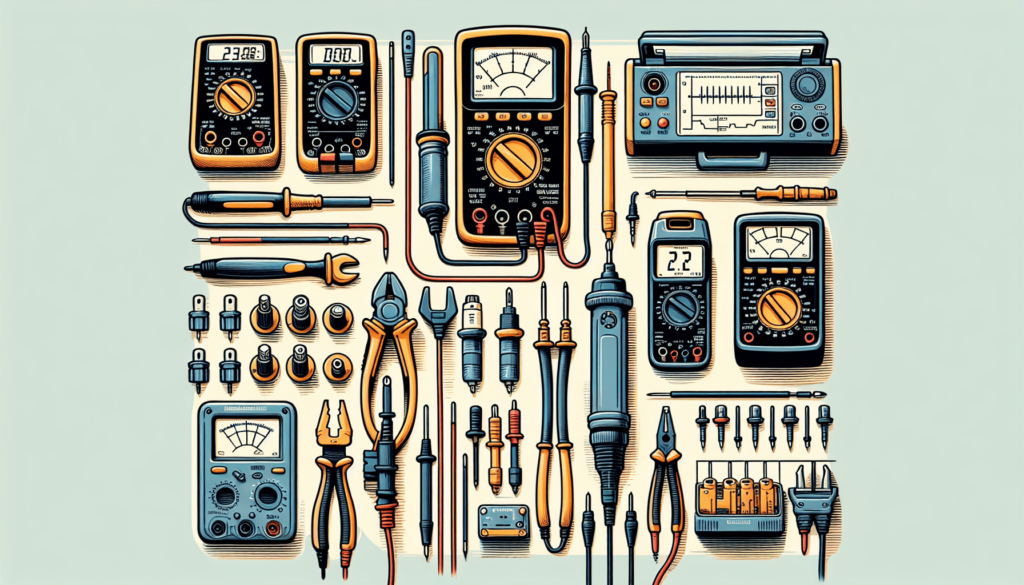
Price Range
Testers are available in a range of price points to cater to different budgets and requirements. Understanding the available options based on price can help you make an informed decision when selecting a tester.
Budget-Friendly Options
If you are looking for a cost-effective tester with essential functions, consider budget-friendly options that provide reliable performance at an affordable price. These testers are suitable for beginners or occasional users who do not require advanced features.
Mid-Range Options
Mid-range testers offer a balance between quality, features, and price, making them suitable for a wide range of users with varying needs. These testers typically provide advanced measurement capabilities, durability, and user-friendly designs at a moderate cost.
High-End Options
For professionals or users who require top-of-the-line testers with advanced features and precision, high-end options offer superior performance and versatility. These testers come with premium components, enhanced functionality, and extended warranty coverage, making them ideal for demanding electrical tasks.
Brand Reputation
When choosing a tester, consider the reputation of the brand and manufacturer to ensure that you are investing in a reliable and trustworthy product. Assessing the following factors can help you gauge the brand’s credibility and reputation in the market.
Customer Reviews
Read customer reviews and testimonials to gather feedback on the tester’s performance, reliability, and user satisfaction. Look for reviews from verified buyers to get an accurate representation of the tester’s strengths and weaknesses.
Reliability
Choose testers from reputable brands known for their quality, reliability, and adherence to industry standards. Prioritize brands with a track record of producing dependable testers that meet or exceed user expectations for accuracy and durability.
Warranty
Select testers that come with warranty coverage to protect your investment and provide peace of mind in case of defects or malfunctions. Check the warranty terms, duration, and coverage details to ensure that you have adequate protection for your tester.
Available Accessories
In addition to the tester itself, consider the availability of accessories and add-ons that can enhance the functionality and usability of the device for electrical testing tasks.
Magnetic Attachments
Look for testers that offer magnetic attachments or holders for securing the device to metal surfaces during testing. Magnetic attachments provide convenient hands-free operation and prevent the tester from falling or getting damaged while in use.
Carrying Cases
Choose testers that come with protective carrying cases or storage pouches to keep the device safe during transportation and storage. Carrying cases provide additional protection against impacts, dust, and moisture, ensuring the longevity of the tester.
Additional Probes
If you require specialized probes or accessories for specific testing applications, consider testers that support interchangeable or additional probes. Customized probes, test leads, or adapters can expand the versatility of the tester and enable you to perform a wider range of electrical tests.
Conclusion
When deciding which tester to buy for your electrical work, it is essential to consider various factors to ensure that you select a device that meets your specific needs and preferences. By evaluating aspects such as functionality, ease of use, portability, durability, price range, brand reputation, and available accessories, you can make an informed decision and choose a tester that aligns with your requirements. Remember to prioritize factors like functionality, ease of use, portability, durability, and price range before making a purchase to find the tester that best fits your electrical testing needs.
